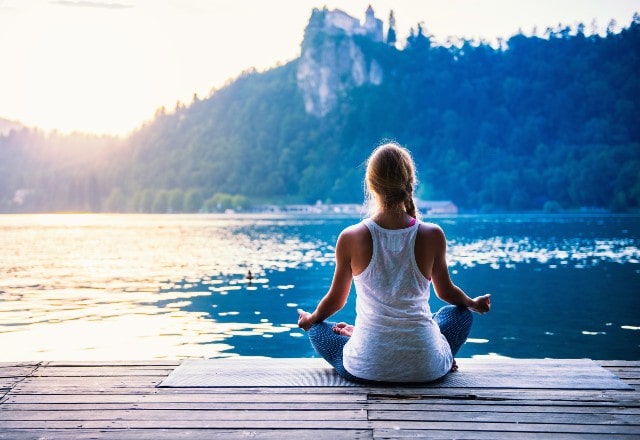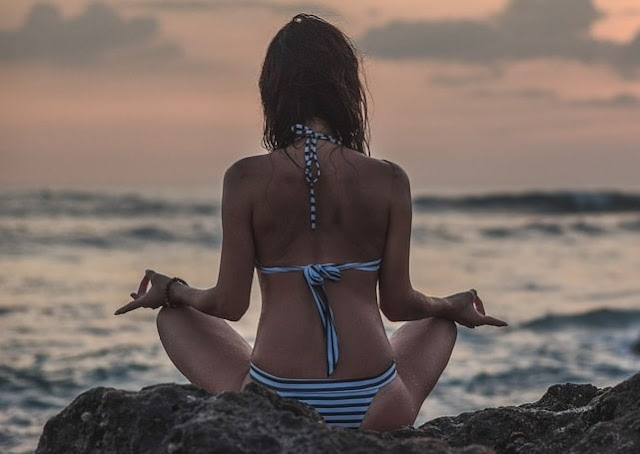
How can you overcome a busy life to ensure you remain focused and don’t forget what you’re supposed to remember? If you’re wondering about this question, you are not alone. Many people seek ways to boost their focus and memory. Although forgetfulness can sometimes be a normal thing, it can be embarrassing to have poor concentration and memory when you’re trying to remember the important things in life. Here are some simple tips that can help boost your focus and memory.
Eat Foods That Can Boost Your Focus And Concentration
Food is the source of energy and a significant determinant of your mood . Nutritionists say that the type of food you consume has a direct effect on the functionality of your brain. Therefore, the kinds of foods you feed your brain have an essential role in keeping you focused. Your memory, concentration, mood, and how clearly you can think, all rely heavily on your diet. Some of the foods you can consume to boost your focus and memory include blueberries, vegetables, dark chocolates, avocado, and fatty fish, among others.
Keep Away Distractions
If you intend to work on something important, try to avoid distractions. Keep your phone away from your working station and avoid checking your emails. Additionally, stay off social media and avoid any other notifications that may occur. You can always check on all of these things later when they’re not a distraction from work. The second distraction is noise. Working in an environment full of noise can be a nightmare for some people. So, try closing your windows or using noise-canceling earplugs to keep out the noise so that you can concentrate on your current task.
Try Meditating
Meditation can also help to boost your focus. In fact, research shows that meditation stimulates the brain, which boosts your focus and memory. For instance, meditative practices, such as mindfulness, help in improving your concentration, thus keeping your mind focused. If you can focus, you can remember facts and other valuable information throughout the day. So, adapting regular meditation habits can significantly improve your memory and concentration levels.
Stay Organized
When you perform your tasks in an orderly fashion, chances are you may remain focused throughout the day. Sometimes, more important jobs can appear easier if you’re well organized. It becomes easier to work when you remain organized and focused, allowing you to more easily achieve your goals. Increase your organizational skills by setting your daily goals and defining each with a purpose and perform your tasks according to priorities. This will help you focus on the essential things, which will improve your productivity.
Conclusion
Perhaps you're struggling with memory loss and wondering how to improve your focus. The good news is that there are a couple of solutions, which, if well implemented, could yield positive results in your life. Boosting your focus and memory doesn’t have to be complicated, and the four tips above can help to turn your situation around.
Learn more Tips From Herbalife Nutrition - https://iamherbalifenutrition.com/




